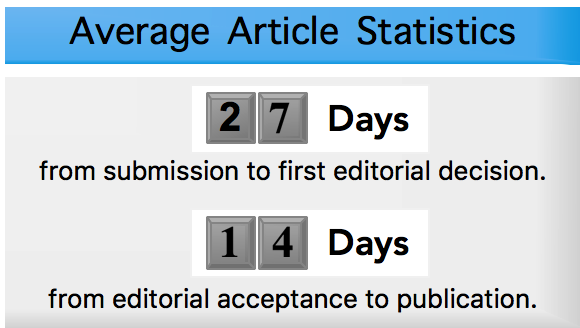Downloads
Abstract
In recombinant protein production, transferring a wild type gene of one organism into another expression host sometime resulted in a low gene expression due to incompatibility between the gene and the expression system. In that case, the target gene needed to be optimized to be more compatible with the expression system through gene optimization process in which nucleotide composition of original gene would be replaced by synonym codons while retaining the protein sequence. In existing gene optimization programs, many optimization algorithms have been applied, such as Genetic Algorithm or Sliding Window, to search for the optimized gene sequence. In this research, we applied the Ant Colony Optimization (ACO) algorithm to construct a gene optimization program. The results showed that the gene after optimization has been improved in codon usage, GC content and reduced the occurrence of factors reducing transcription and translation efficiencies such as polycodon, polynucleotide, repeated sequence, and Shine - Dalgarno sequence. Comparing with some current programs using a gene encoding for human insulin also proved the efficiency in the gene optimization this program. These results have demonstrated the capabilities of applying ACO algorithm in the gene optimization problem.
Issue: Vol 2 No 2 (2018)
Page No.: 22-30
Published: May 16, 2019
Section: Original Research
DOI: https://doi.org/10.32508/stdjns.v2i2.730
Download PDF = 695 times
Total = 695 times

 Open Access
Open Access 








